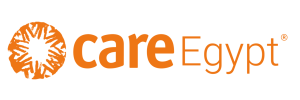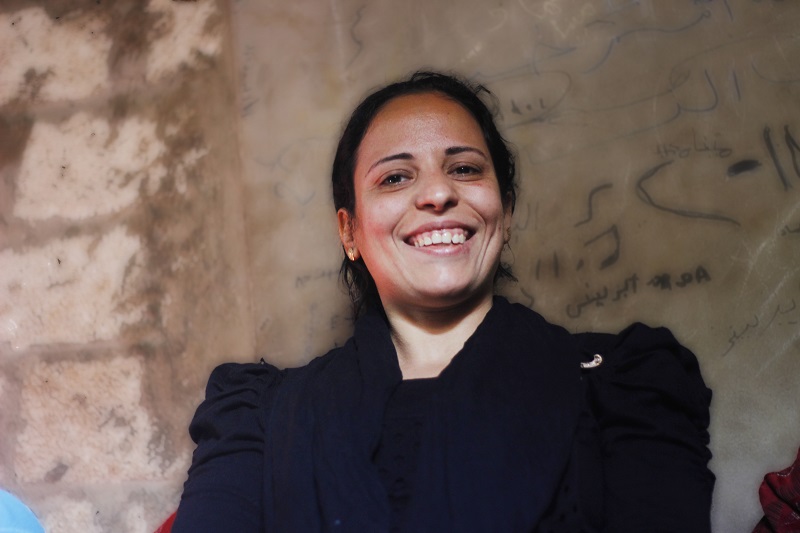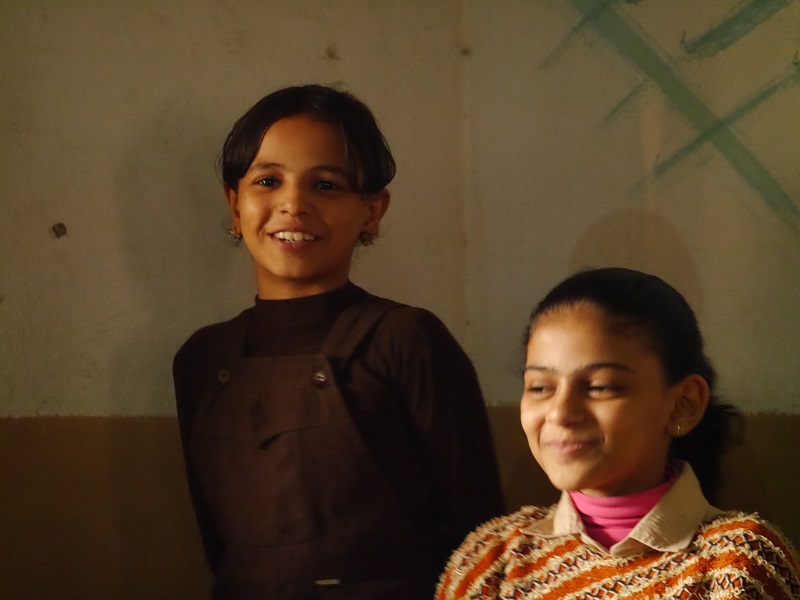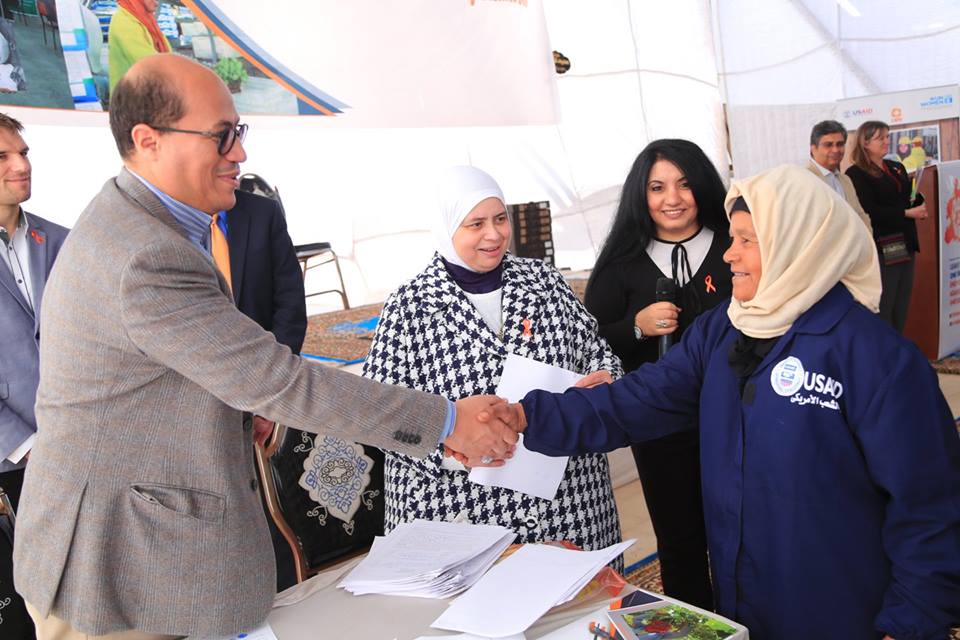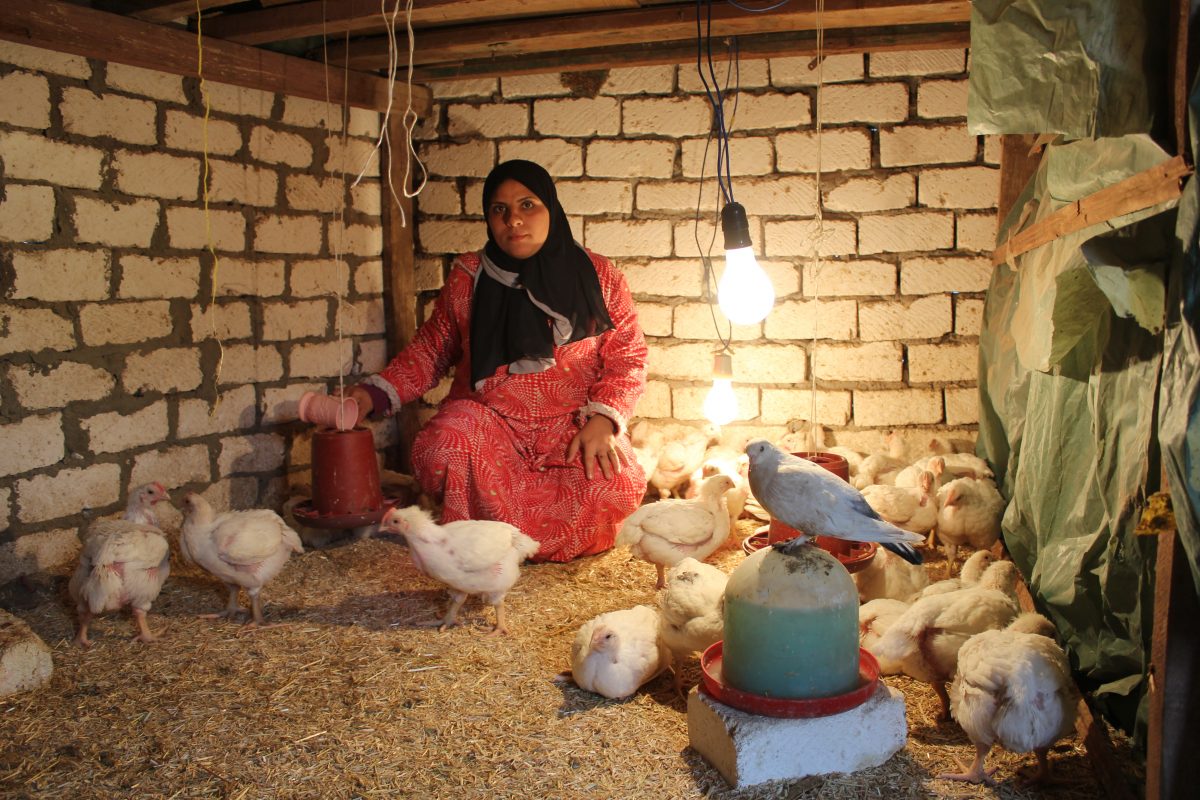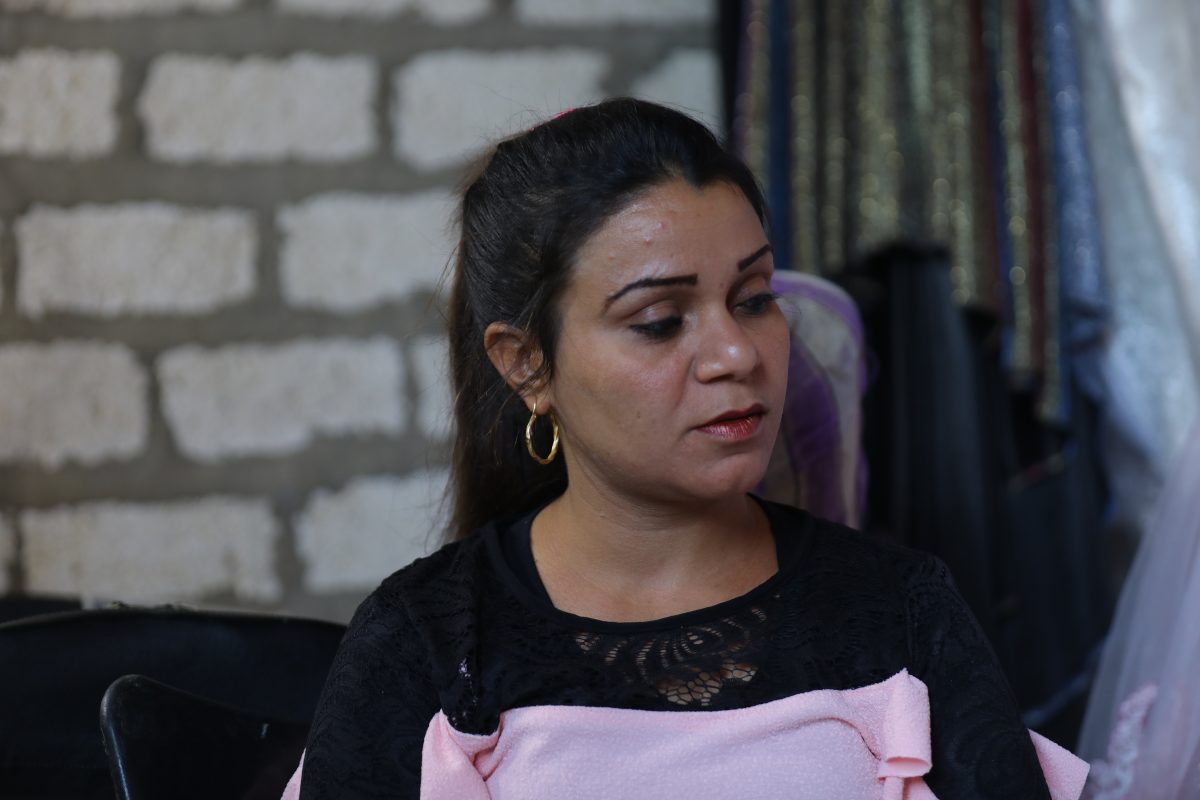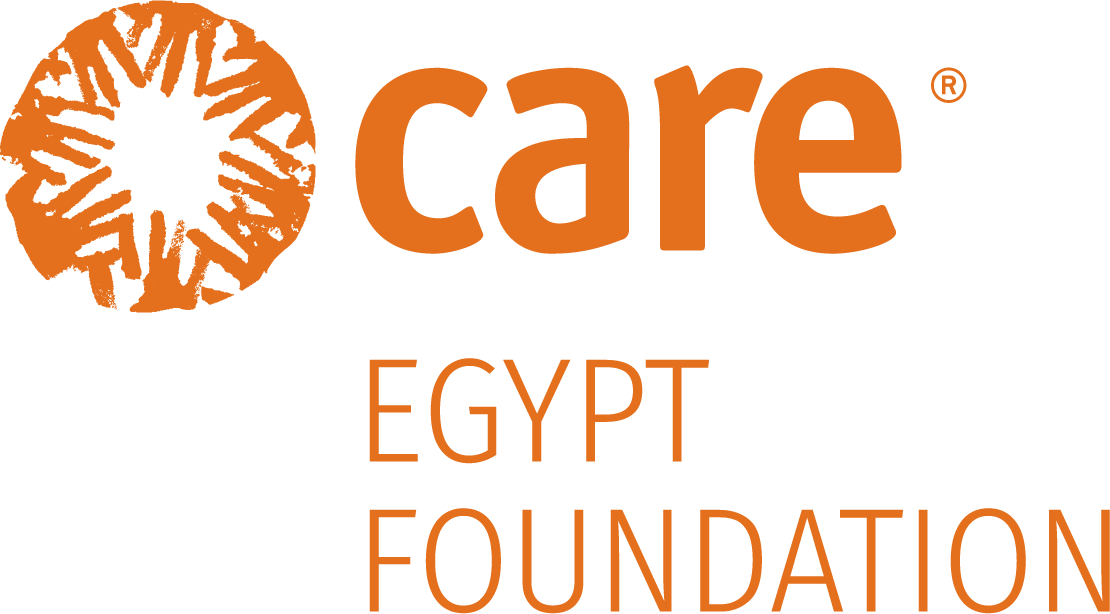From the womb of pain hope must be born, and hope was all what she owns.
Styling her relatives and close friends was not only her passion, but her mean for leading a decent life, along with her husband, the “C virus” victim, whose salary is almost fully spent on treatment, and their three children too.
“Hind”, the resident of Manshyet-Abduallah in Minya City, decided to make use of her talent in order to increase her family’s income, which doesn’t exceed 900 pounds, and acquire better living standards.
“It all started when I decided to open a small hair-dressing salon at home for my relatives and friends who know me well, in order to financially support my family. I used to get 50 pounds a week as profits, which sometimes reached 100 pounds on special occasions such as weddings and feasts.”
As Hind’s income increased, her dreams of expanding her salon and equipping it expanded too.
Lack of money was the only obstacle hindering her from achieving her dream.
Until one day she heard of “The Life Project” for saving and loaning, which was the key to her postponed dream.
The project which was established by CARE International Organization, depends on arranging residents in groups ranging between 10 and 20, who collect a sum of money they agree on, and loan it to one of them alternately each week.
“When I heard of the project I immediately joined, I had a strong feeling this was the hidden hope I have been searching for, and I was right about it; I formed a group with my friends, where I was able to save an amount of 300 pounds, after a while I was loaned 900 pounds, which made me able to buy a salon’s chair, a hair straightener, and some other accessories for my salon.
My income was doubled and I was able to pay my debt back.
Now I feel I own a real hair salon, one which is visited by the majority of Manshyet-Abduallah, not only my close circle.
“Hind” is one of hundreds of Upper Egyptian women, the unknown warriors, who have super natural powers which they use in fighting their every-day battles; battles of improving their living standards, battles of securing their children’s futures, battles which no one knows about but them, and no one has the courage and strength of facing them as much as they do. All praise goes to the secret heroines.
